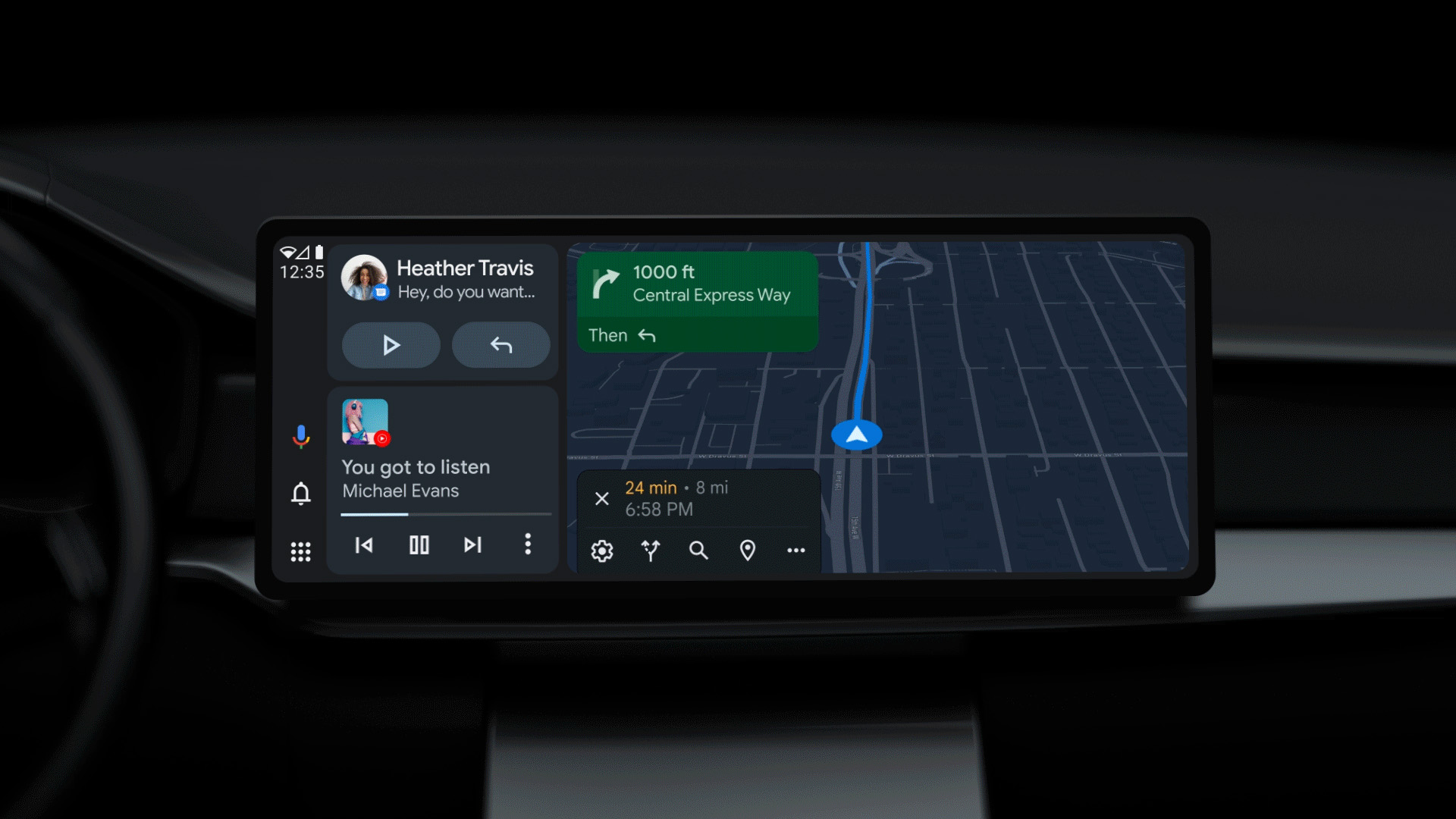Google Maps is working with local police on a useful upgrade
This update could save your licence


Google has started working with local police to bring speed limit data to the Google Maps app.
The initiative first started in India, where residents in Bengaluru (also known as Bangalore) and Chandigarth have started to receive in-app speed limits provided by police, and local news site DNA India says how the feature will be expanded across the country.
The feature is only available in the Android version of Google Maps for now, and is switched off by default. To enable it, users need to toggle on the speedometer function in the app’s settings page.
The app already shows speed limit information in other countries, but by pulling this data from local authorities Google Maps should improve its accuracy.
By working with the police, we can expect to see the limit adjusted in close to real-time, such as when temporary road works are installed, or a road has its limit permanently changed, with the introduction of a cycle lane, for example. Adjusting in time with the ever-changing limits of the UK's 'smart' motorway system would be particularly useful.
This is all Android-only for now though, as Google Maps for iPhone doesn’t currently have a speedometer. It shows the local speed limit, but this information is pulled from a database instead of being provided by the police or local traffic authorities.
Google is also working to improve traffic flow in Indian cities. The company has provided traffic data to local authorities to help optimise traffic light timings, and the result is an impressive 20-percent reduction in overall congestion on affected roads.
Get all the latest news, reviews, deals and buying guides on gorgeous tech, home and active products from the T3 experts
Again, this is something we’re keen to see in other countries too. Google’s traffic flow data, coming from the location and movement of smartphones using navigation apps, could prove invaluable to cities that want to improve traffic flow. This in turn could help ease congestion, but also have a positive effect on local air pollution if traffic is able to flow more freely.
Alistair is a freelance automotive and technology journalist. He has bylines on esteemed sites such as the BBC, Forbes, TechRadar, and of best of all, T3, where he covers topics ranging from classic cars and men's lifestyle, to smart home technology, phones, electric cars, autonomy, Swiss watches, and much more besides. He is an experienced journalist, writing news, features, interviews and product reviews. If that didn't make him busy enough, he is also the co-host of the AutoChat podcast.
